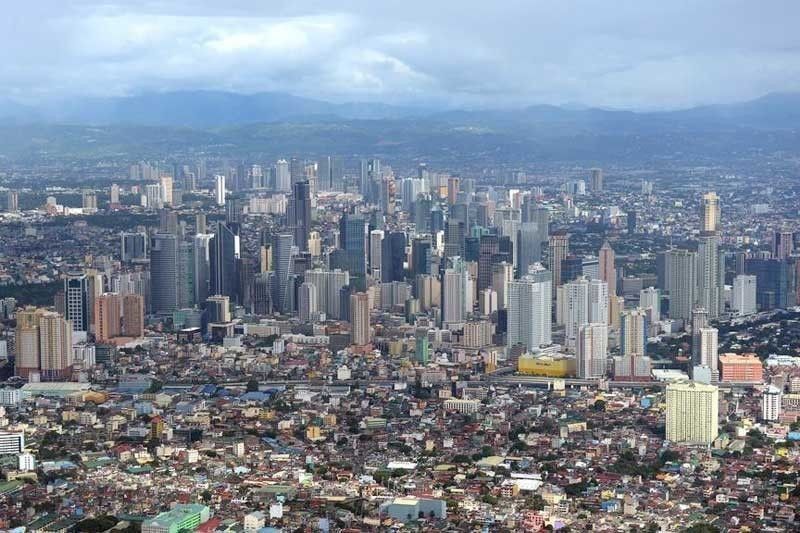Philippines economic growth seen to slow to 4.7%

MANILA, Philippines — Japanese investment house Nomura expects a slower 4.7 percent economic growth for the Philippines this year if the world fails to contain the spread of the coronavirus disease 2019 (COVID-19) by April.
According to Nomura senior economist for Southeast Asia Euben Paracuelles, Philippine economic growth may slowdown to 1.9 percent in the first quarter, four percent in the second, 6.4 percent in the third and 6.3 percent in the fourth quarter if the negative effects of the epidemic would be more amplified and the recovery delayed well into the second half.
Under the severe scenario, China’s second wave is close to the first wave regarding severity and if the lockdown of Hubei and some other regions in China lasts until end-June.
Likewise the scenario is also severe if the world fails to contain COVID-19 by April and if the global public fear factor runs extremely high as the attack rate or the share of population infected climbs to around 20 percent with a case fatality rate of near one percent.
Paracuelles said the Philippine government would have to pursue a combination of more fiscal and monetary easing by raising the fiscal deficit well above the three percent of GDP medium-term target by unveiling a stimulus package of as much as one percent of GDP and taking the full year fiscal deficit closer to four percent.
On monetary policy, Nomura expects the Bangko Sentral Pilipinas (BSP) to lower the reserve requirement ratio by 400 basis points on top of the 50- basis point cut in the policy rate.
Under the bad scenario, Paracuelles said the Philippine economic growth is expected to drop to 5.1 percent, taking into account the added negative impact on private consumption spending due to falling overseas Filipino workers’ remittances from key countries like Singapore and Hong Kong.
He said fiscal spending is expected to be heavily front-loaded in the second quarter, while the Monetary Board may slash interest rates by 75 basis points to three percent and the RRR by 200 basis points
“While growth remains supported by domestic demand and fiscal spending, inflation is likely to fall due to significantly lower oil prices as a result of weak demand, allowing BSP to cut rates further,” Paracuelles said.
According to Nomura, Philippine economic growth would likely settle at six percent this year under its base scenario.
“We still expect some significant offset from the government’s highly expansionary fiscal stance, led by its efforts to implement more infrastructure projects, which should help support domestic demand and a recovery starting in the second quarter,” the economist said.
Nomura expects the BSP to slash interest rates by another 25 basis points as a follow up to the 25 basis points cut last Feb. 6 followed by a 200 basis points reduction in the level of deposits banks are required to keep with the central bank.
- Latest
- Trending































